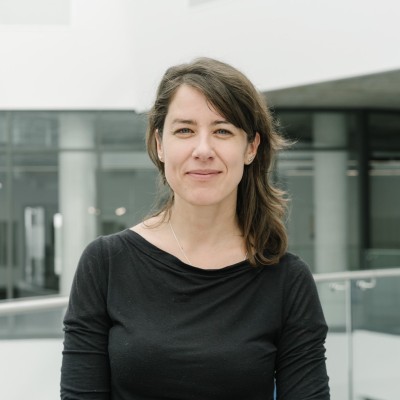
Dr. Monika Fratczak
Graduation Date: 2022
Institution: University of Sheffield
Thesis title: Do emotional responses to data visualisations mobilise people to act? A case study of climate change data visualisations in two national contexts
Supervisor: Helen Kennedy
Research Pathway: Digital Technologies, Communication and Artificial Intelligence (DCA)
LinkedIn: Monika Fratczak’s LinkedIn Profile
Research and career:
Current job title:
WRDTP ESRC Postdoctoral Fellow at the Manchester Metropolitan University (Sector: Higher Education / Academia)
Give a brief overview of your current role and responsibilities:
The core activities of my postdoctoral fellowship focus on disseminating key findings from my PhD research, with an emphasis on how audiences engage with and respond to data visualisations. You can find more information about my fellowship and research here.
Describe your journey from your PhD to your current role:
I was supported by an ESRC scholarship for 3 years and completed my PhD in under 3.5 years, despite COVID-19 disrupting my fieldwork. I passed my viva with minor corrections and was awarded a doctoral degree in Sociology in November 2022. Between 2022-2023, I worked as a Research Associate and Postdoctoral Researcher on two big research projects at the University of Sheffield (Living with Data and Patterns in Practice), which provided valuable field experience, teamwork, academic writing practice, and international collaboration opportunities. From 2022 to 2025, I worked as a Teaching Associate in the Department of Sociological Studies, University of Sheffield. I have been an Associate Fellow of the HEA since 2021 and completed the AURORA Advance HE Leadership Development Programme for Women in 2023. My academic leadership experience includes serving as Departmental Ethics Coordinator (2023–2024). In 2025, my application for a WRDTP ESRC Postdoctoral Fellowship was successful, and I began my postdoctoral position at Manchester Metropolitan University.
In what way did your experience with the WRDTP prepare you for your current career?
The ESRC scholarship was a transformative step in my career, elevating me to an early career researcher with strong interdisciplinary PhD research. It equipped me with a unique mix of skills and experiences, enhancing my ability to contribute to and lead innovative, multidisciplinary research in the future.
What advice would you give to current or future WRDTP postgraduate researchers?
Make the most of the training and networking opportunities (engage with events, workshops, and peers across institutions). Don’t be afraid to reach out for support, and stay open to interdisciplinary perspectives – they can really enrich your research.







